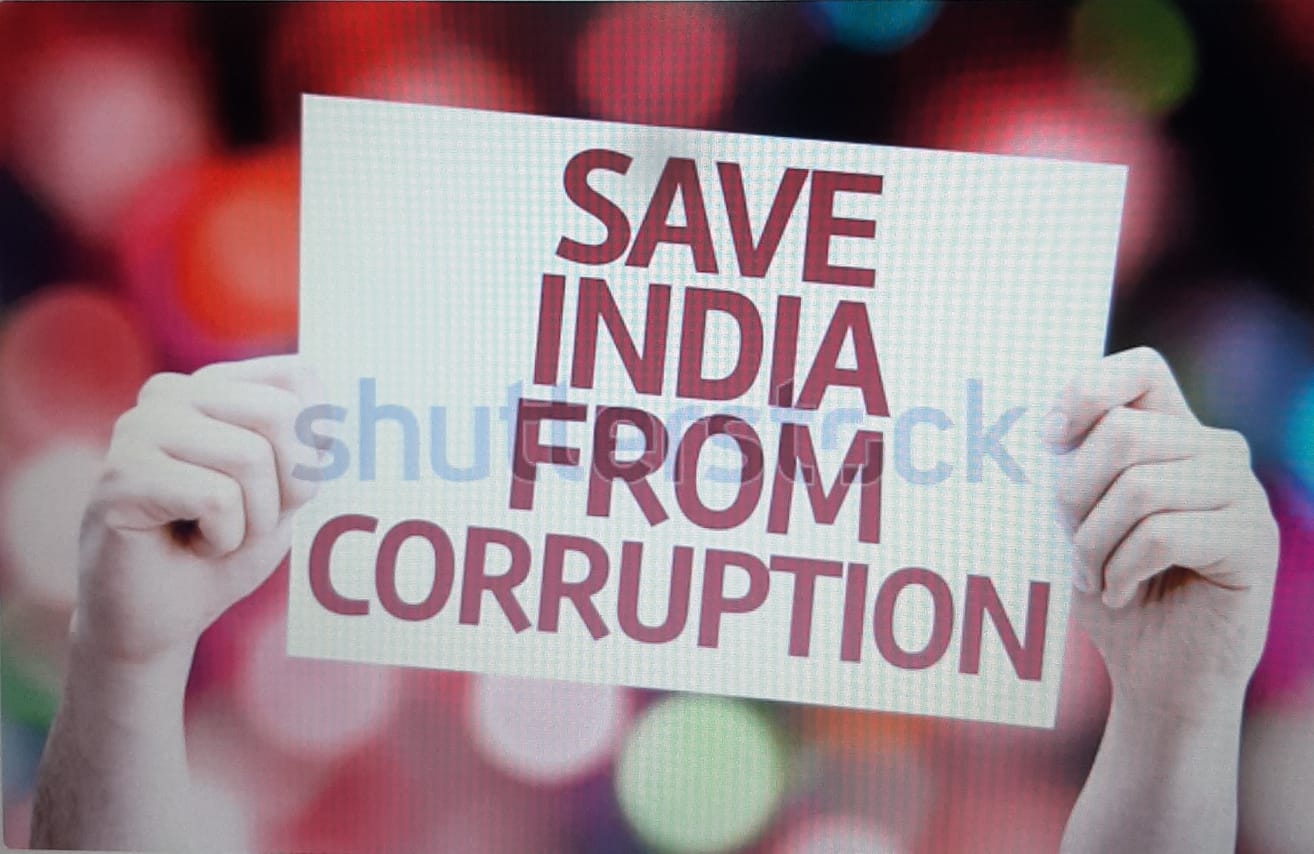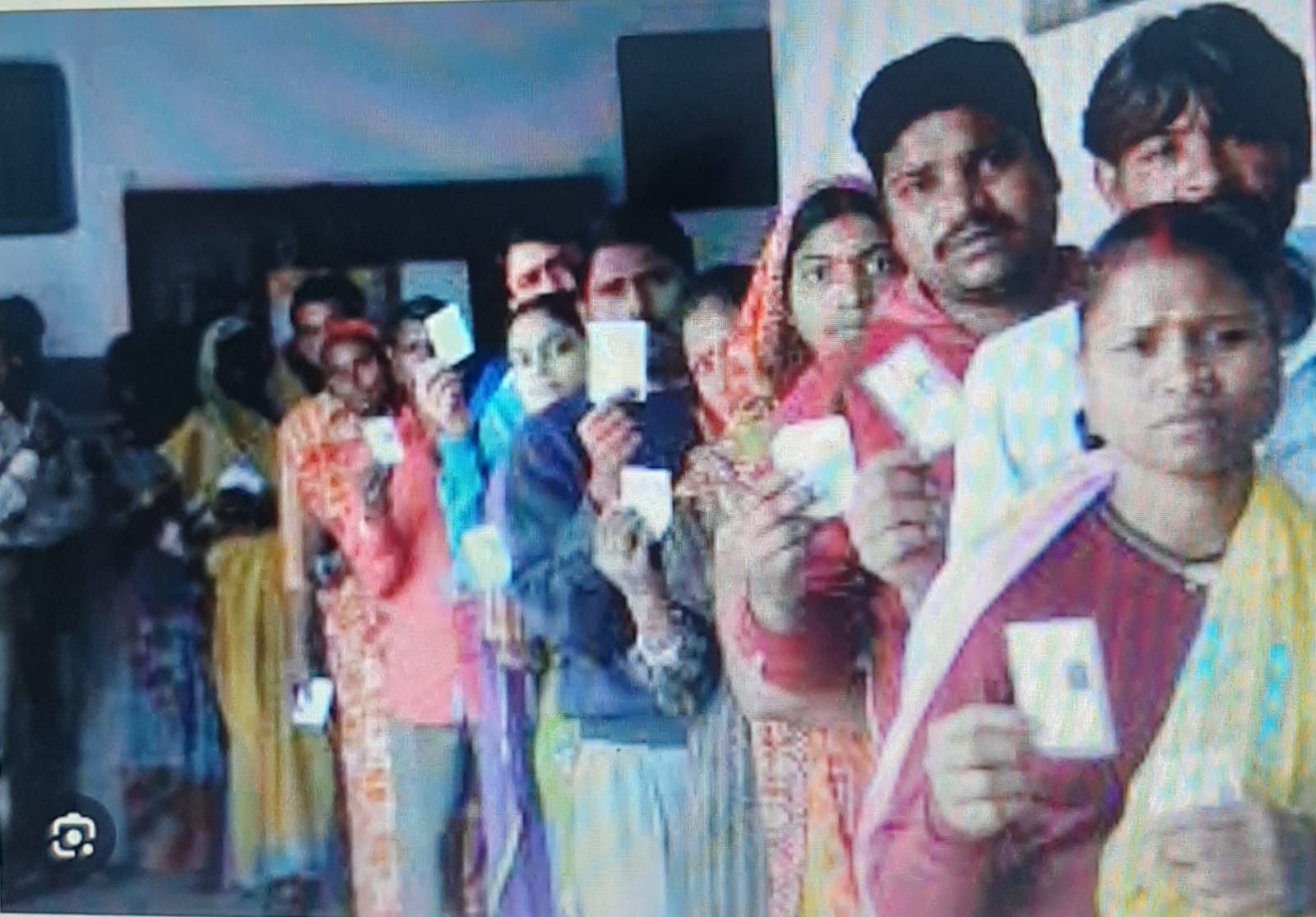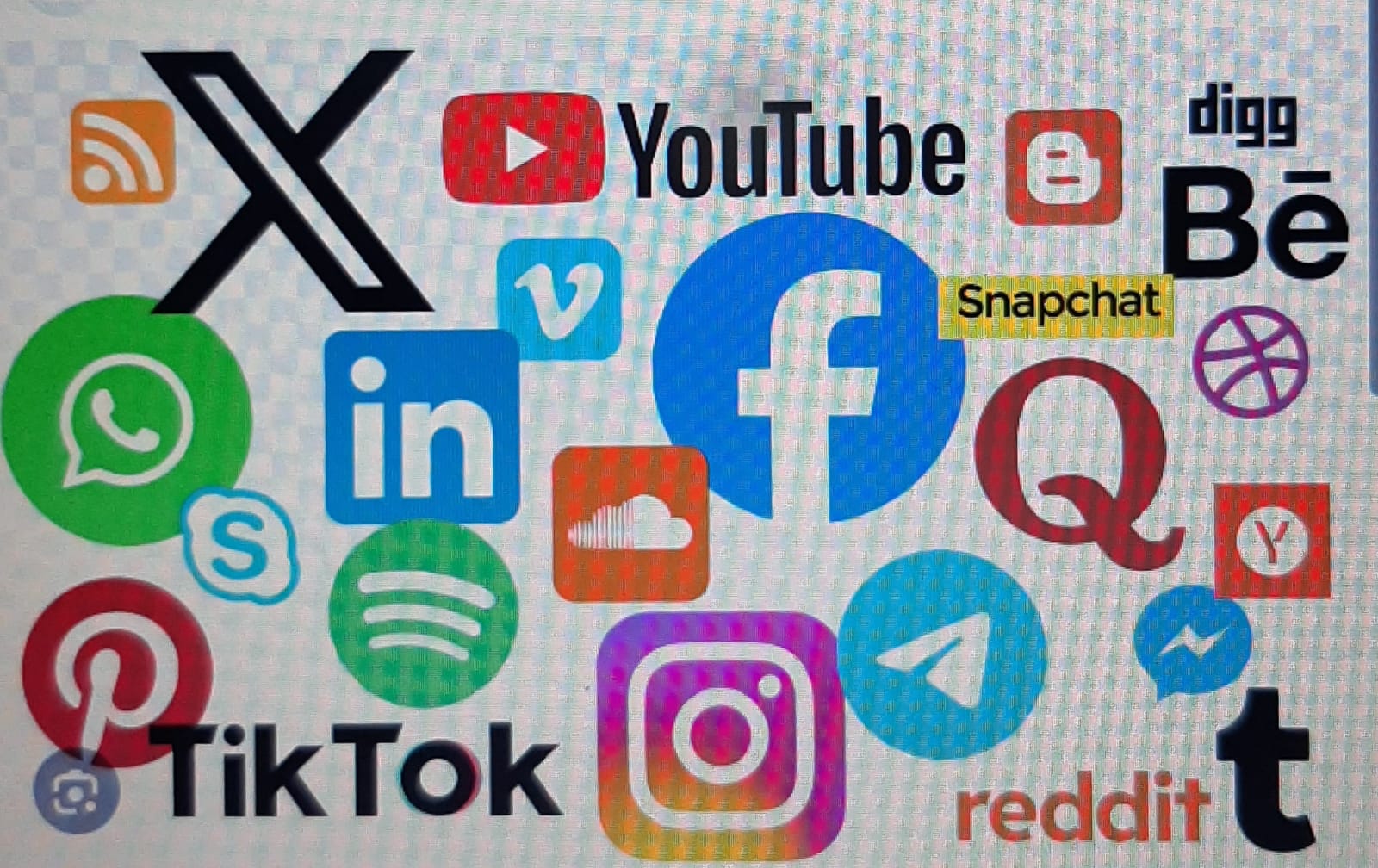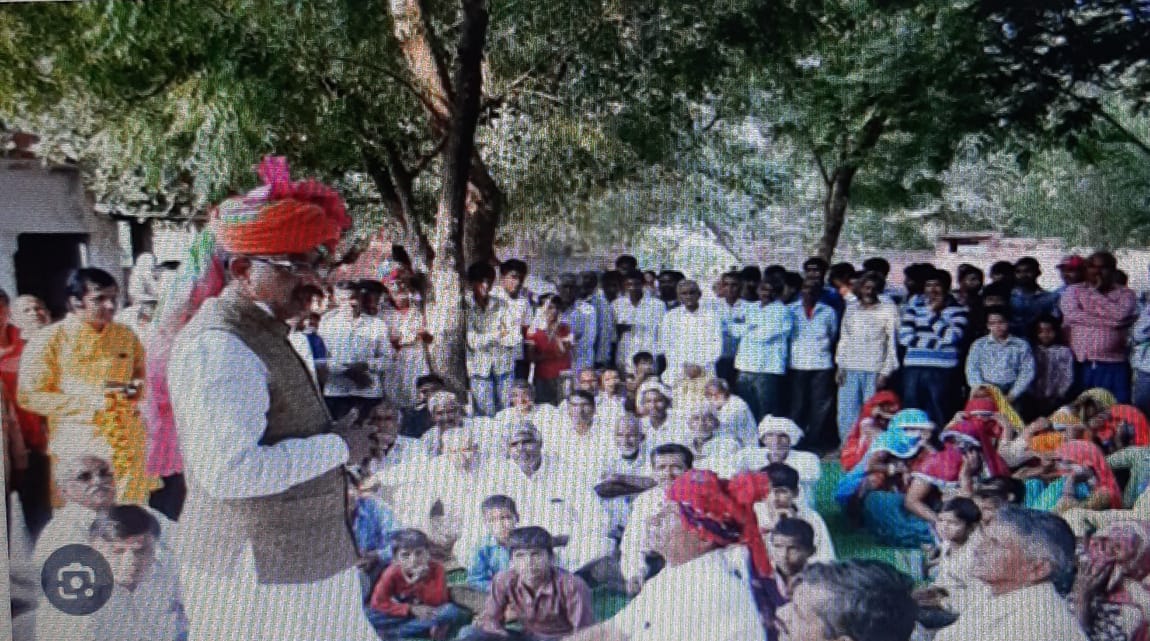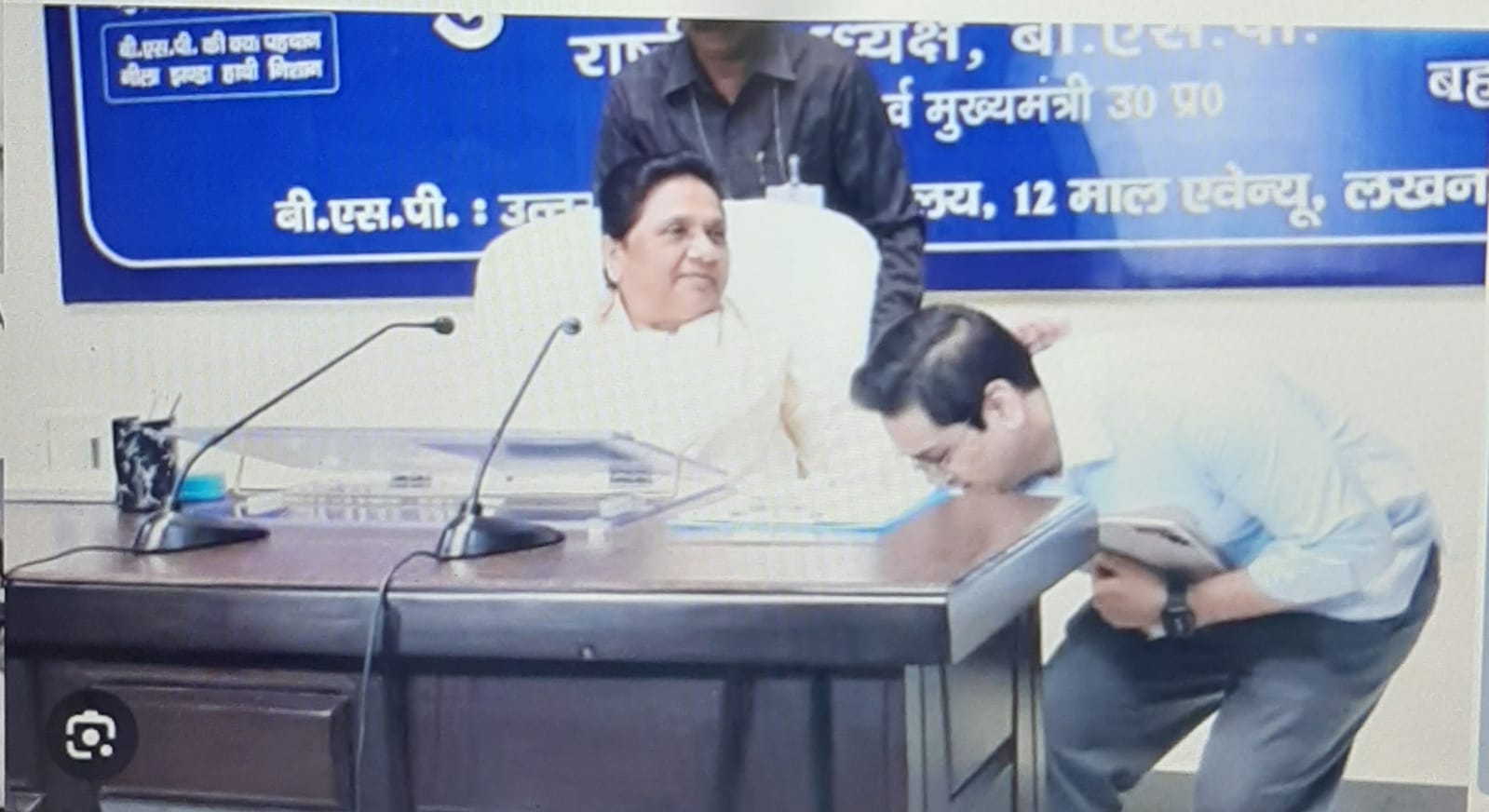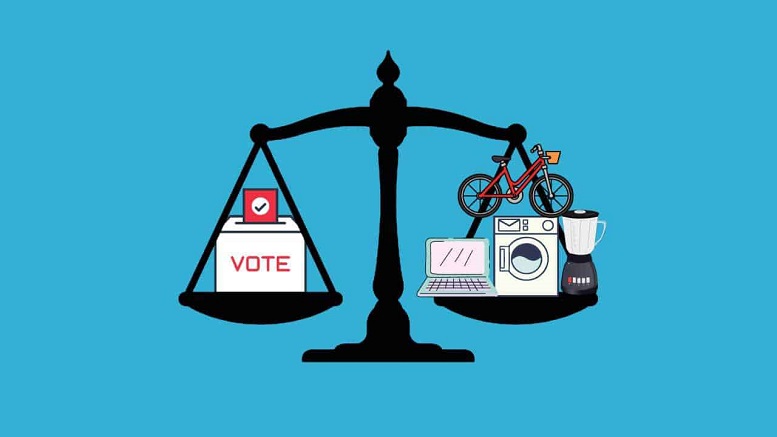
Political largesse, from public funds, to further their selfish electoral ends has reduced the garib janata (poor people) to being a mendicant rather than a rational citizen exercising their franchise to elect the best representatives, writes former IAS officer V.S.Pandey
The Prime Minister, a few days ago, cautioned the people against what he dubbed “revari (sweet) culture” under which votes are being enticed by promising freebies to the electorate and said this could be “very dangerous” for the development of the country. The people have heeded their PM’s warning but are still beguiled by lucrative doles at the hustings. The “Revari” culture has been practiced by many politicians, for decades , across many states. Various state governments have been distributing free cookers, television sets , tablets, bicycles , chulhas, sarees , school dresses , shoes, ration etc. for decades, with the Southern states leading the pack. The development indices have not seen requisite improvement. Hence solution has been even more freebies to lure the voters. Now even free water and electricity, publicised through daily newspaper advertisements ,have been added to the list of freebies by newly minted politician Kejariwal . Tall claims are made that all this is done to benefit the wretched millions and to ameliorate their living condition but undoubtedly this is solely done to garner votes at the cost of public funds- since governance is delivering abysmally -no matter which party captures power. So projection and one upmanship becomes critical. Consequently, the culture of freebies to media has become a vital adjunct ,accompanying the “Revari” culture prevalent in politics. Full page newspaper advertisements are now being issued, on almost a daily basis, on some pretext or the other by many state governments and leading again is the Delhi CM Kejariwal whose face keeps propping up regularly in national dailies. Is this not another freebie/ revari at the cost of the taxpayer? Political largesse, from public funds, to further their selfish electoral ends has reduced the garib janata (poor people) to being a mendicant rather than a rational citizen exercising their franchise to elect the best representatives. Selfish, amoral, inept ideology of governance, of which ‘freebies’ is a mere manifestation, is undermining our democracy dangerously in every domain.
The dictionary meaning of the word freebies is “something that is given to you without you having to pay for it, especially as a way of attracting your support for or interest in something.” Certainly then the loan defaulters, beneficiaries of tax cuts, beneficiaries of duty reductions and beneficiaries for whom government policy is ‘tweaked’ are much bigger recipients of freebies than the populace because they pocket thousands of crores of rupees without having to pay for it. All this is callously done in the name of public interest and for boosting the economy! The question is why any benefit given to the poor it is labelled a freebie and when it given to the rich, to further augment their riches, it becomes an “incentive” and “sweetener”. This chasm is due to deeply ingrained political and economic ideology – which favours and embraces big money brazenly and which is not ‘poor’ centric in the slightest. The result is unprecedented progress of the haves at the cost of the hapless vulnerable have-not’s -who still languish in impoverishment and queue up for the various doles that the merciful mai baap Sarkar,of even debt ridden states generously dispenses to them to keep their body and souls and their most precious votes together.
It is their future or lack of it that should define our current debates .Will the “culture of freebies” resolve it? It only reflects the crisis of our governance- unless imbued with ethics and morality ,it will continue to embody selfishness and profiteering. As Gandhi had emphasized : “A person cannot do right in one department whilst attempting to do wrong in another department. Life is one indivisible whole. ” It follows then that if there is no principle, there is no true north, no honesty towards the public ,there will be nothing iconic in the persona of the leadership either . The focus of governance is then shifted to the building of a personality ethic – with the creation and reinforcement of an image that sells well in the social and economic marketplace.
It is common place to see politicians spending millions of rupees to create an image, even though it’s superficial, and lacks substance but is very effective in getting votes and gaining the coveted offices. It leads to a political system operating independently of the natural laws that should govern – that are the very foundation of our constitution- with ethics and morality salient. Our constitution makers were clear that all men are created equal, that they have unalienable Rights of Life, Liberty, and the pursuit of happiness. The constitution proclaimed self-evident, external, observable, natural, unarguable laws. Our constitution along with all our accumulated civilizational wisdom emphasize only one truth- that the key to a healthy progressive society is to align the social will, the value system, with ethical principles.
But unfortunately we have developed a sick social will along with a political will that is totally devoid of principle. We have degenerated steadily into a society with very distorted values. For instance, the professed mission and shared values of criminals who pillage and plunder may sound very much like many mission statements, who use such terms as “teamwork,” “loyalty,” “profitability,” “innovation,” and “creativity” to decimate public interest. The problem is that their value system is not based on natural law .That is the challenge confronting us today- to restore morality to governance.
In his book Moral Sentiment, which preceded Wealth of Nations, the father of modern economics, Adam Smith explained how foundational to the success of our systems is the moral ethic : how we treat each other, the spirit of benevolence, of service, of contribution. If we ignore the moral foundation and allow economic systems to operate without it and without continued education, we will soon create an amoral, if not immoral, society and business.
In such an immoral , unprincipled society questions on “freebies” are bound to arise , for these questions too are devoid of morality or ethics – which must be foregrounded in governance. Instead of frittering our energy in this frivolous discourse , all our efforts should be directed towards cleansing the rot that has set in our social ,moral and political land scape. The real challenge is to clean the rot in politics and that will be possible only when ethical people enter politics . We need to heed the father of our nation, who wrote – “I could not be leading a religious life unless I identified myself with the whole of mankind, and that I could not do unless I took part in politics.”
(Vijay Shankar Pandey is former Secretary Government of India)


